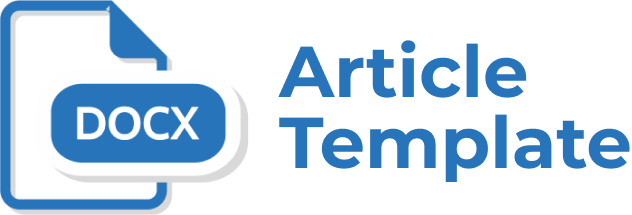TGT AND DIRECT LEARNING: AN EXPERIMENTAL STUDY ON EQ AND STUDENTS LEARNING ACHIEVEMENT
Abstract
Keywords : Cooperative learning, TGT, Emotional quotient, Student achievement
Full Text:
PDFReferences
Aziz, Zahara a *, Md. Anowar Hossain. (2010) A comparison of cooperative learning and conventional teaching on students’ achievement in secondary mathematics. Procedia Social and Behavioral Sciences 9 (2010) 53–62
Bilen, Sermin. 2010. The effect of cooperative learning on the ability of prospect of music teachers to apply Orff-Schulwerk activities. Procedia Social and Behavioral Sciences 2 (2010) 4872–487.
Budiyono. 2003. Statistika untuk Penelitian. Surakarta: Sebelas Maret University Press
Hossain, Anoar. Tarmidzi, Rohan Ahmad. 2013. Effects Of Cooperative Learning On Students’ Achievement And Attitudes In Secondary Mathematics. Procedia - Social and Behavioral Sciences Vol. 93 Page 473 – 477
Micheal M. van Wyk . 2011. The Effects of Teams-Games-Tournaments on Achievement, Retention, and Attitudes of Economics Education Students. Journal Social Science. Vol. 26(3): 183-193
Monir Kalantar, Groyeshi. Flor,Rezaei Kargar. 2013. Effect of Combined Mastery-Cooperative Learning on Emotional Intelligence, Self-esteem, and Academic Achievement in Grade Skipping, Procedia Social and Behavioral Sciences. Vol 84, Pages 470-474
Perihan Dinc¸ Artut .2009. Experimental evaluation of the effects of cooperative learning on kindergarten children’s mathematics ability . International Journal of Educational Research 48 (2009) 370–380
Shimazoe, J. and H. Aldrich, 2010. Group work can be gratifying: Understanding and overcoming resistance to cooperative learning. Coll. Teach., 58: 52-57. DOI: 10.1080/ 87567550903418594
Soetarno Joyoatmojo. 2011. Pembelajaran Efektif : Pembelajaran yang Membelajarkan. Surakarta: Sebelas Maret University Press
Sukardi. 2003. Metodologi Penelitian Pendidikan. Jakarta: Bumi Aksara
Sugiyono. 2010 . Metode Penelitian Pendidikan. Bandung: Alfabeta
Refbacks
- There are currently no refbacks.


